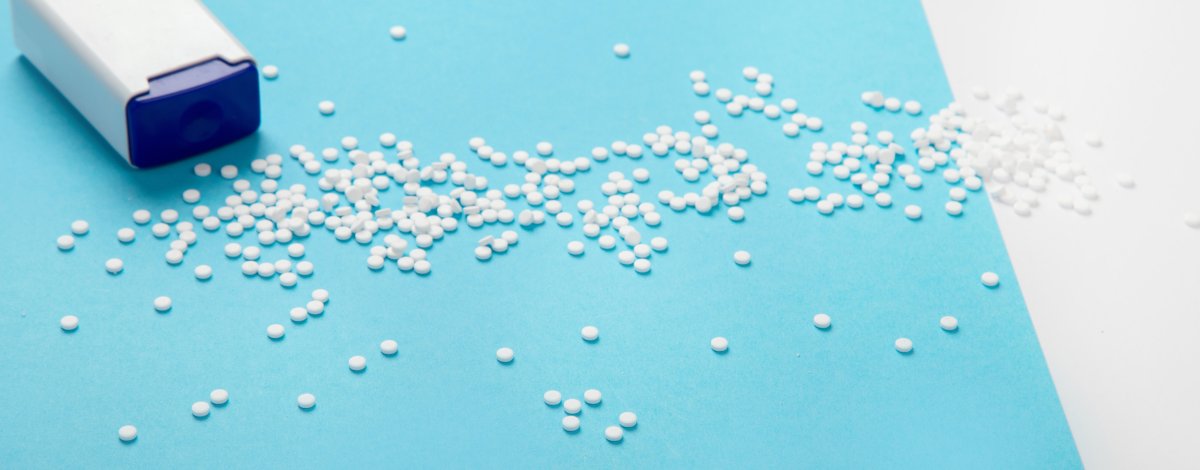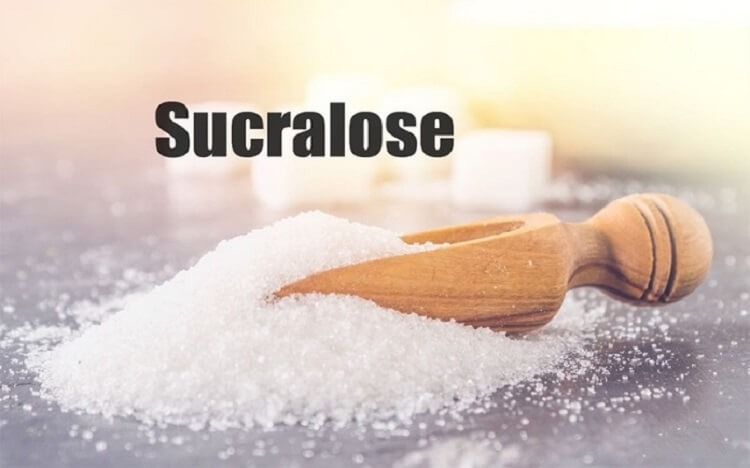The words “calorie-free” may not seem very appealing after finding out that sugar substitutes can actually make you hungrier.
Often, people opt for products that contain artificial sweeteners to reduce their sugar and calorie consumption.
One of the most popular zero-calorie sugar alternatives is sucralose. It is about 600 times sweeter than table sugar, according to the U.S. Food and Drug Administration.
This is the conclusion of a new study that found that the common sugar substitute alters brain activity related to hunger and increases appetite.

Researchers from the University of Southern California discovered that sucralose changes how the hypothalamus—a part of the brain that produces hunger-controlling hormones—communicates with other brain regions, including those involved in motivation.
About 40 percent of Americans regularly consume sugar substitutes. But corresponding paper author Kathleen Page told Newsweek: “Added sugars should constitute less than 10 percent of your total daily calorie intake, and non-caloric sweeteners should not be used as substitutes for sugar. Instead, aim for a diet lower in overall sweetness to promote better metabolic health.”
In May 2023, the World Health Organization (WHO) recommended against using non-sugar sweeteners like sucralose for weight loss, citing evidence linking them to type 2 diabetes, heart disease, higher mortality and weight gain.
Study Shows Sucralose Alters Brain Activity and Suppresses Fullness Signals
Researchers ran an experiment to see how the artificial sweetener sucralose affects the brain, hormones and hunger. While past studies suggested a possible link between diet sweeteners and weight gain, they hadn’t clearly shown how these sweeteners impact hunger in people.
In this study, 75 people drank either water, a sucralose-sweetened drink or a sugar-sweetened drink. Scientists then looked at their brain activity, blood and hunger levels before and after.
They found that sucralose made people—especially those with obesity—feel hungrier and increased activity in a part of the brain that controls hunger. Unlike sugar, sucralose didn’t boost the hormones that help you feel full.
The findings show how sucralose confuses the brain by providing a sweet taste without the expected caloric energy, said Page.
“If your body is expecting a calorie because of the sweetness, but doesn’t get the calorie it’s expecting, that could change the way the brain is primed to crave those substances over time.”
An Altered Brain Response
The study involved 75 participants of varying body weights (healthy, overweight or obese) and an even split between men and women. Each person attended three sessions, during which they consumed either water, a sugar-sweetened drink or a sucralose-sweetened drink. Researchers collected brain scans, blood samples and hunger ratings before and several times after each drink.
Sucralose increased brain activity in the hypothalamus and feelings of hunger compared to sugar, especially in participants with obesity. While it also increased hypothalamic activity compared to water, it didn’t significantly change hunger levels.
Brain scans showed that sucralose boosted communication between the hypothalamus and other brain regions linked to motivation and decision-making, suggesting it may influence cravings and eating behavior.
Unlike sugar, sucralose did not raise blood sugar or trigger hormones like insulin and GLP-1 that help regulate appetite.
“The body uses these hormones to tell the brain you’ve consumed calories, in order to decrease hunger,” Page said.
“Sucralose did not have that effect—and the differences in hormone responses to sucralose compared to sugar were even more pronounced in participants with obesity.”
Do Men and Women Respond Differently to Sucralose?
The results showed that female participants experienced greater changes in brain activity than their male counterparts, suggesting that sucralose may affect the sexes differently.
The researchers have now begun a follow-up study that explores how calorie-free sweeteners affect the brains of children and adolescents, who consume more sugar and sugar substitutes than any other age group.
“Are these substances leading to changes in the developing brains of children who are at risk for obesity?,” Page asked.
She concluded: “The brain is vulnerable during this time, so it could be a critical opportunity to intervene.”
Update 4/1/25 3:40 a.m. ET: This story has been updated with a comment from Kathleen Page.
Reference
Chakravartti, S. P., Jann, K., Veit, R., Liu, H., Yunker, A. G., Angelo, B., Monterosso, J. R., Xiang, A. H., Kullmann, S., & Page, K. A. (2025). Non-caloric sweetener effects on brain appetite regulation in individuals across varying body weights. Nature Metabolism. https://doi.org/10.1038/s42255-025-01227-8
